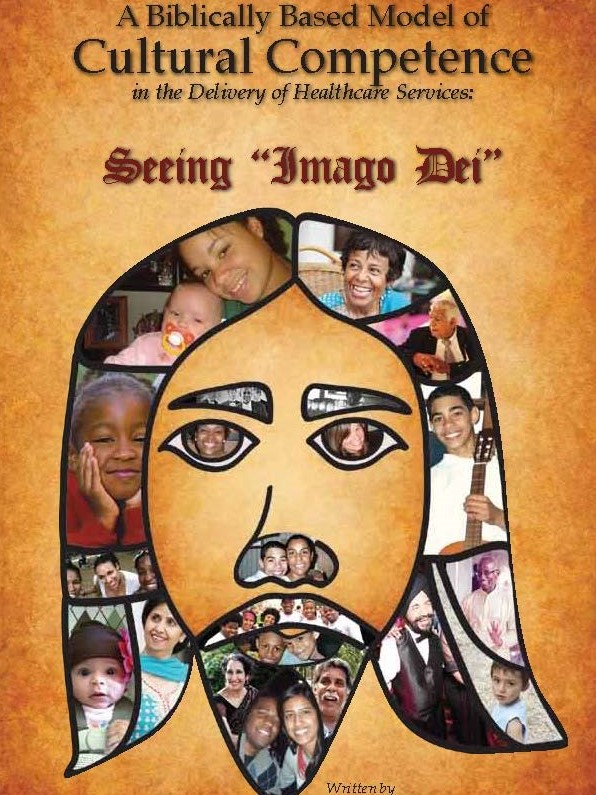Books

THE PROCESS OF CULTURAL COMPETEMILITY IN THE DELIVERY OF HEALTHCARE SERVICES: UNREMITTING ENCOUNTERS
by Josepha Campinha-Bacote
Paperback (2020)
About The Book
A medley of definitions and conceptualizations has created intense discussion around the construct of cultural competence, questioning its true ability to address cross-cultural problems in healthcare delivery. One ongoing debate centers around the relationship between cultural competence and cultural humility. These discussions have led for calls to either replace cultural competence with the concept of cultural humility, view cultural competence and cultural humility as being in apposition (i.e., side-by-side), rather than in opposition of each, or to simply redefine cultural competence. The Process of Cultural Competemility in the Delivery of Healthcare Services model proposes that cultural humility and cultural competence enter into a synergetic relationship, resulting in a combined effect that is greater than the sum of their separate effects. This synergistic relationship is embodied in the term, “cultural competemility.” The origin of cultural competemility is the deliberate blending of the terms cultural competence (compete) and cultural humility (mility) to create the coined term cultural competemility. In this book, readers will take a personal journey towards cultural competence in healthcare delivery. This journey includes examining the practice model, The Process of Cultural Competemility in the Delivery of Healthcare Services.

A BIBLICALLY BASED MODEL OF CULTURAL COMPETENCE
IN THE DELIVERY OF HEALTHCARE SERVICES:
SEEING “IMAGO DEI”
by Josepha Campinha-Bacote
Paperback (2013)
About The Book
The Biblically Based Model of Cultural Competence in the Delivery of Healthcare Services defines cultural competence as the ongoing process in which the healthcare professional continuously strives to achieve the ability and availability to work effectively within the cultural context of the patient (individual, family, community) from a biblical perspective. This process requires healthcare professionals to see the image of God (“imago Dei”) in their patients as well as see themselves as becoming culturally competent rather than being culturally competent. The model is intended to serve as a guide to assist healthcare professionals in integrating the biblical virtues of love, caring, humility, love of truth, teachableness, intellectual honesty, wisdom, discernment, justice, prudence, attentiveness, studiousness, practical wisdom, understanding, temperance, patience and compassion into the model’s constructs of “imago Dei“, cultural desire, cultural awareness, cultural knowledge, cultural skill and cultural encounters. In exploring the Biblically Based Model of Cultural Competence in the Delivery of Healthcare Services, several strategies for maintaining a biblical worldview during the process of becoming culturally competent will be presented. It is my hope that this book will stimulate a renewed interest in enhancing healthcare professionals’ level of cultural competence by connecting them to the intellectual and moral virtues that are found within the Bible. The table of contents of this book can be found at the following link: https://transculturalcare.net/seeing- imago-dei-table-of-content/
